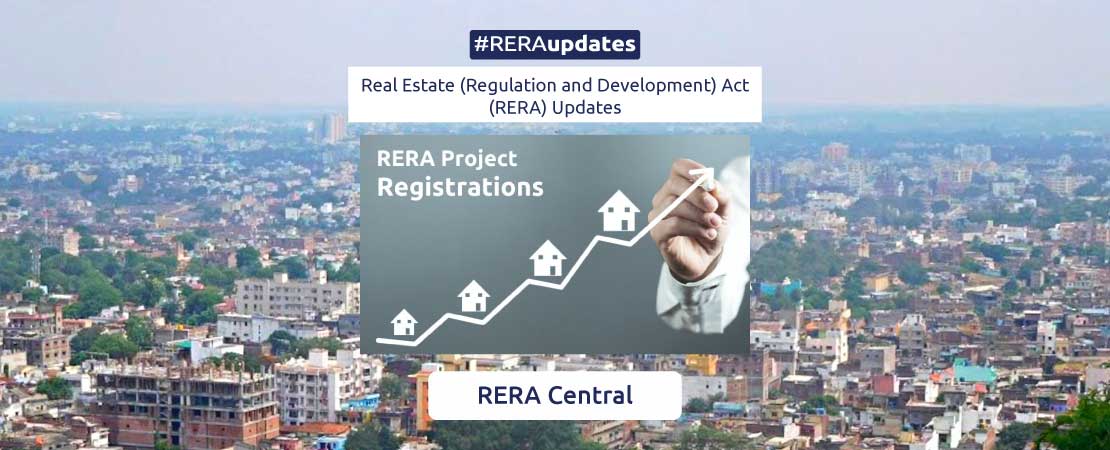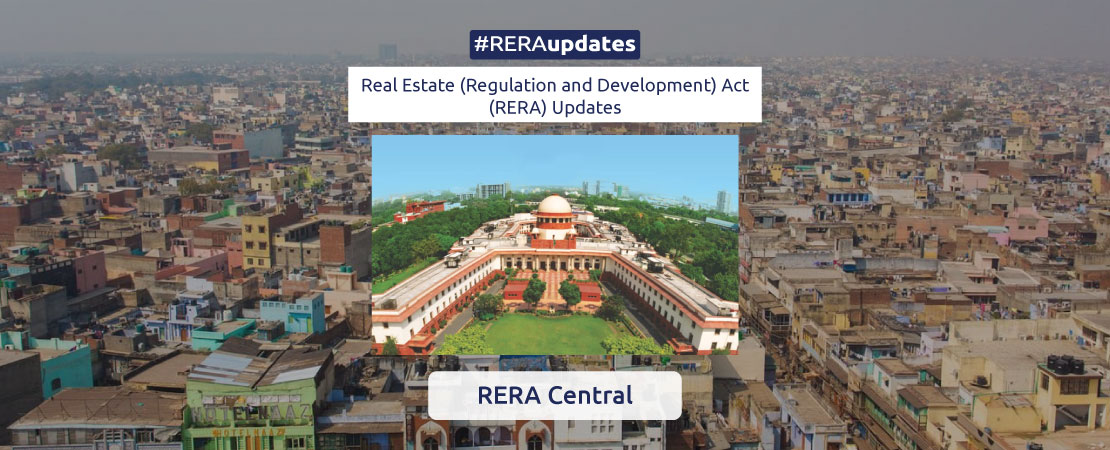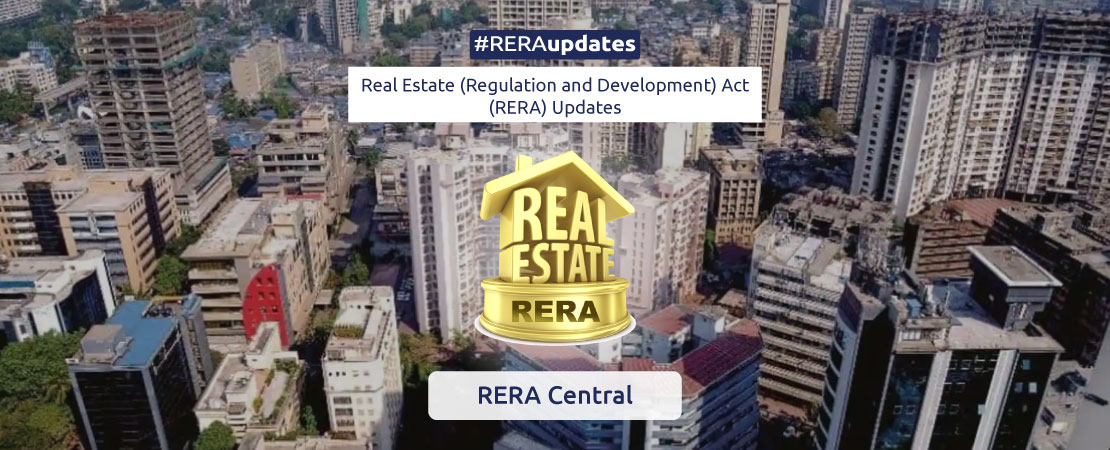In February, the Supreme Court directed the Centre to examine whether the rules framed by various states under the Real Estate (Regulation and Development) Act (RERA) are in conformity with the central legislation and subserve the interest of homebuyers.
Union minister for housing and urban affairs Hardeep Singh Puri on Tuesday asserted that there should be no dilution of the provisions of the Real Estate (Regulation and Development) Act, called as RERA, by states, and assured that the Centre will not bring the “whole template down” even if some states decide to dilute the norms.
He said the RERA is a widely accepted legislation and its success is anchored in the spirit of gradual but steady problem-solving.
The minister was speaking at a meeting of the Central Advisory Council (CAC), constituted under the RERA Act, 2016.
During the meeting, measures to ensure structural safety in high-rise buildings and prevent loss of life as well as property, besides considering a proposal to set up a high-level panel to address the issue of stalled projects, was discussed.
Regarding incidents of building collapses, Puri said homebuyers should have a sense of confidence that a building is structurally sound.
The responsibility has to be assumed by the builders themselves. If the builder has gone wrong, or he/she has not been able to check something, full recovery from that person is the minimum, as thousands of people get affected, he said.
Meanwhile, it was pointed out that some states have tweaked the provisions of RERA while framing rules under the Act by exempting the registration of ‘ongoing projects’.
In February, the Supreme Court directed the Centre to examine whether the rules framed by various states under the RERA are in conformity with the central legislation and subserve the interest of homebuyers.
“The fact of the matter is that you did not have a regulator and then you are bringing in the regulator, so everybody will try to stop it. When they found that we are resolute in our determination and they try to do something else, they tried to tweak it,” Puri said.
The minister said the Centre will place before the Supreme Court all the facts related to dilution of RERA Act by the state governments.
“I think we should place the fact squarely before the apex court that if all of us agree and some state do this (the dilution), we have enough persuasive power at our disposal to tell them this is not right. No dilution is a norm. Those who have diluted will have to justify why they have diluted. And we will not bring the whole template down just because you have diluted it,” Puri said.
In the meeting, it was also highlighted that all states/UTs have notified rules under RERA, except Nagaland which is in process to notify the rules.
As many as 31 states/UTs have set up Real Estate Regulatory Authority (Regular-25, Interim-6). States like Meghalaya, Sikkim, West Bengal and Union Territory of Ladakh are yet to establish the authority.
“The best thing about RERA is that it has come to be widely accepted in the country. And its success is anchored in the spirit of gradual but steady problem solving,” Puri said.
There are 30 members in the CAC panel which includes Niti Aayog CEO and secretaries of many ministries. President of homebuyers’ body Forum for Peoples’ Collective Efforts Abhay Upadhyay as well as presidents of realtors’ body CREDAI and Naredco are members of the council.
On the implementation of RERA Act by states, Upadhyay suggested that a committee should be formed, under the leadership of additional secretary, comprising all stakeholders to take up the issue with respective states. He said the suggestion of the FPCE (Forum for Peoples’ Collective Efforts) has been accepted.
Regarding tweaking of rules by states, Upadhyay suggested that necessary instructions should be given for compliance of the Supreme Court order in letter and spirit. The general rules for all states should also be reviewed along with ‘agreement for sales’ and placed before the apex court, he added.
FPCE has suggested that necessary directives should be issued to all states to ensure sufficient technical teams are provided to the regulatory authority to inspect every stage of construction at regular intervals to ensure structural safety and quality of construction.
Regarding constitution of committee of resolution of legacy stalled projects, Upadhyay said it was agreed to include FPCE as homebuyers’ representative in the proposed committee to look into this issue.
On the stalled projects, the CAC agenda highlighted that the Centre has established the Alternate Investment Fund (AIF)- Special Window for Affordable and Mid-Income Housing Fund (SWAMIH) investment fund of ₹25,000 crore to provide last mile funding for projects.
The fund is being provided to projects that are net-worth positive and registered under RERA, including those projects that have been declared as Non-Performing Assets (NPAs), or have pending proceedings before the National Company Law Tribunal (NCLT) under the Insolvency and Bankruptcy Code (IBC).
As on February 14 this year, 249 deals aggregating to ₹23,778 crore have been approved, and this will benefit more than 1,46,946 homebuyers and unlock projects worth ₹66,163 crore.
“It is evident that this fund has proved to be very instrumental in completing the legacy stalled projects, and is fulfilling the dreams of homebuyers who invested their lifetime savings in these legacy stalled projects which were launched before enactment of RERA,” the agenda said.
Accordingly, the CAC might advise the Centre to constitute a committee under the chairmanship of NITI Aayog CEO to deliberate on all the issues related to these legacy stalled projects holistically.
“The committee may comprise representatives from the Ministry of Finance, Ministry of Housing & Urban Affairs, sectors’ experts (dealing with stalled projects and insolvency proceedings) and give its recommendations to the central government within two months from date of its constitution,” the agenda said.
Source: https://www.hindustantimes.com/real-estate/states-should-not-dilute-rera-provisions-union-housing-minister-puri-101649844593293.html










